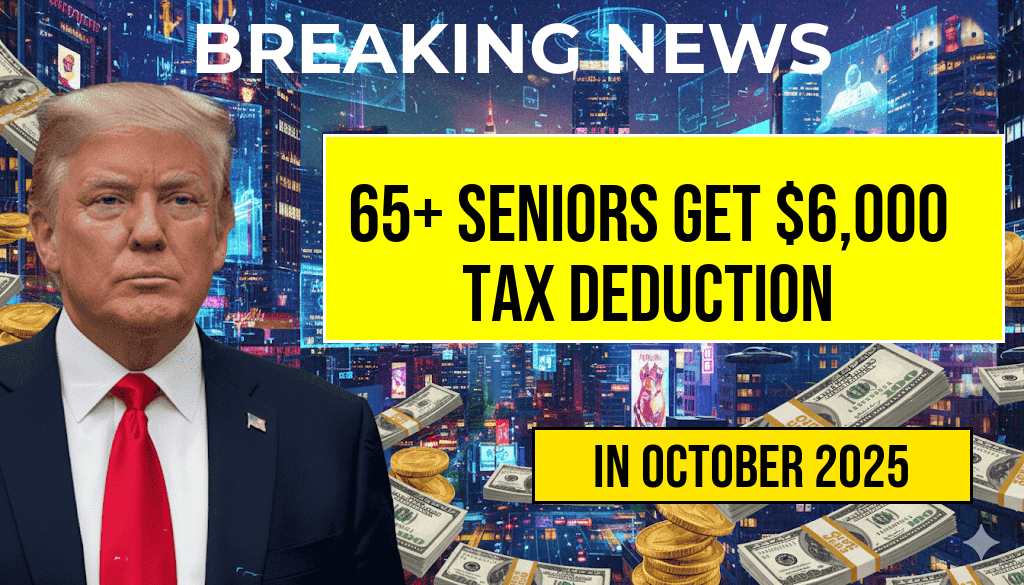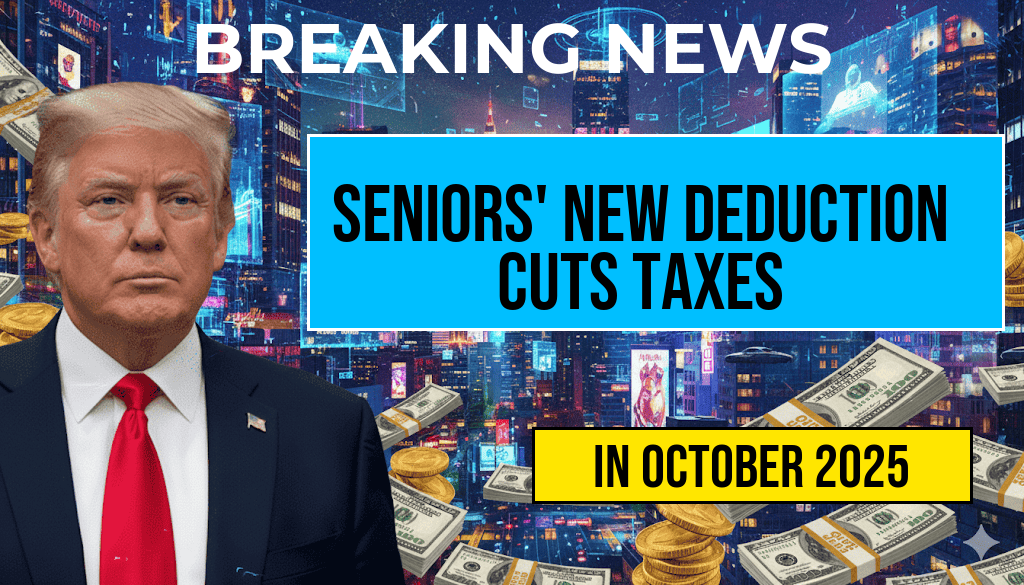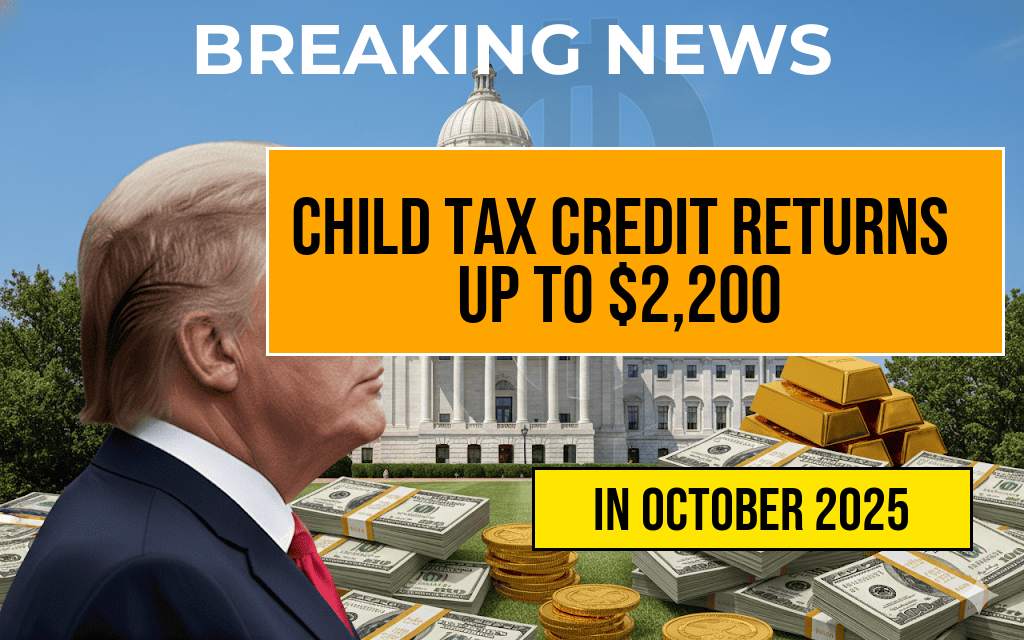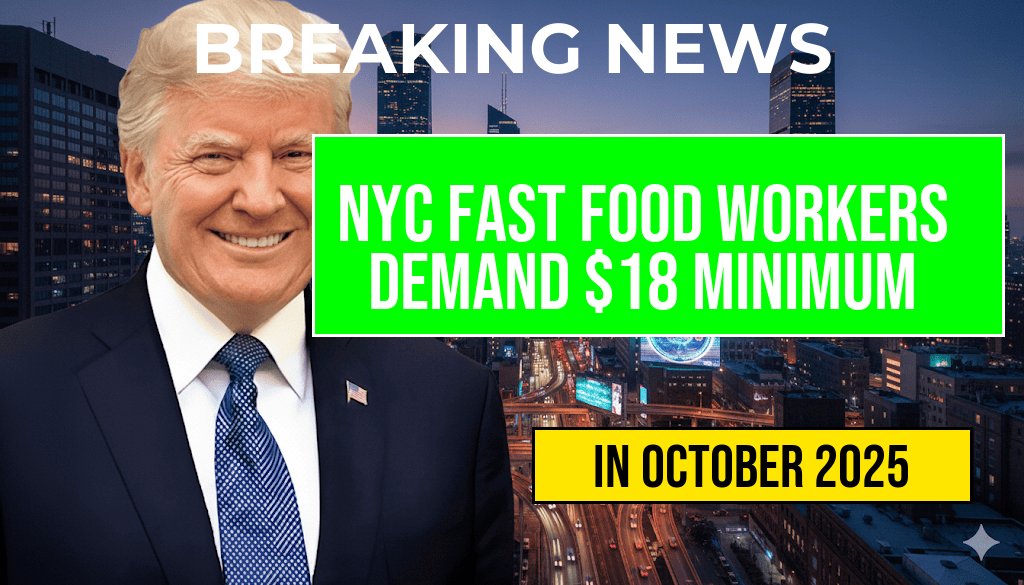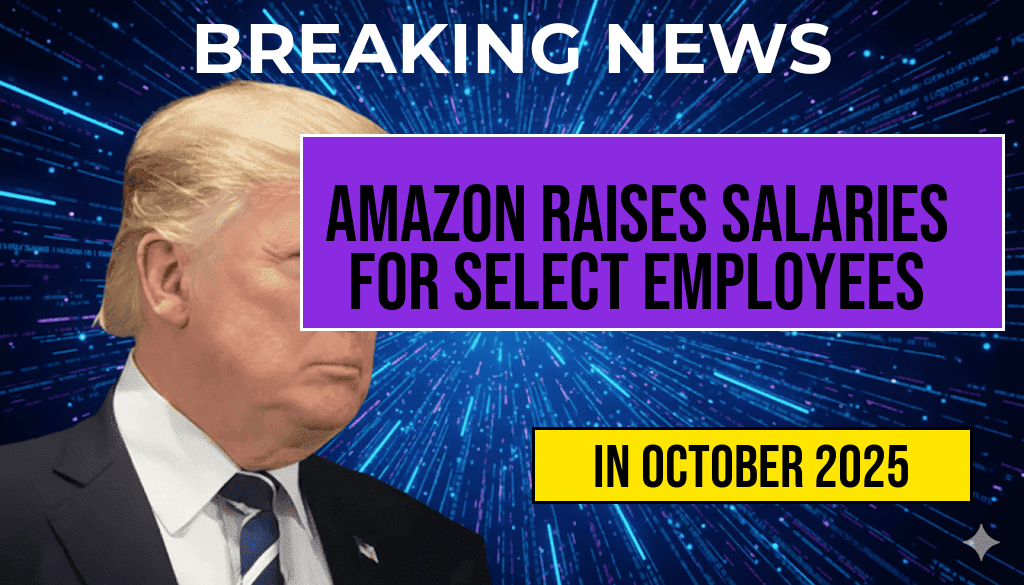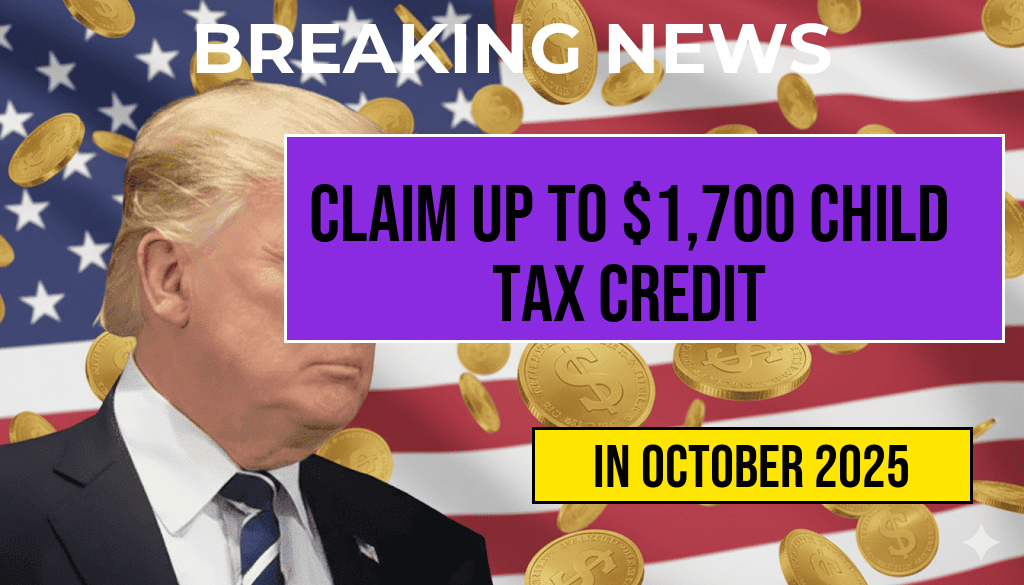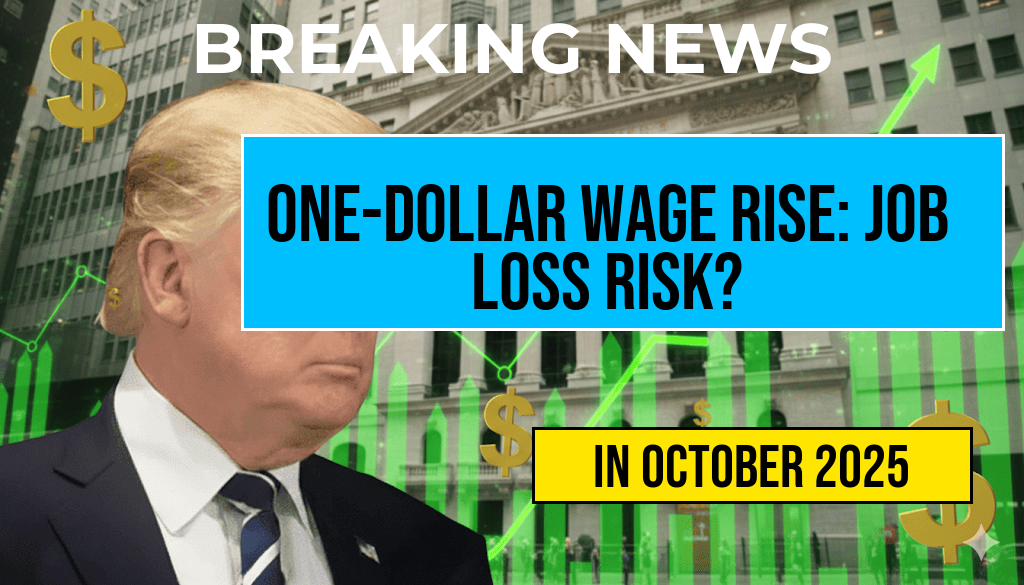Workers at fast food chains across New York City are mobilizing to demand a significant increase in their minimum wages, advocating for a baseline of $18 an hour. The campaign, led primarily by local labor groups and community organizations, underscores ongoing concerns about the rising cost of living in the city, which has outpaced current wage standards. As inflation continues to strain household budgets, workers emphasize that a higher minimum wage is essential not only to improve their quality of life but also to address wage disparities in the service industry. The movement arrives amid broader discussions about fair pay, with organizers planning protests and lobbying efforts to influence policymakers to take action. This push for an $18 minimum reflects a broader national conversation about living wages and equitable treatment for workers in low-wage sectors.
Background on Wage Standards and Cost of Living in NYC
New York City has long grappled with a high cost of living, with housing, transportation, and everyday expenses substantially exceeding national averages. According to data from the Wikipedia page on NYC’s cost of living, the median rent for a one-bedroom apartment in Manhattan can surpass $3,000 per month, and the overall inflation rate remains persistently high. Despite recent increases in the city’s minimum wage, many workers find their earnings insufficient to meet basic needs. The current minimum wage for large employers in New York City stands at $15 an hour, with phased increases scheduled to reach $15.50 in December 2023. However, advocates argue that these figures lag behind the true cost of living and fail to provide a living wage for thousands of service workers.
The Campaign for $18 Minimum Wage
The movement calling for an $18 per hour minimum wage has gained momentum over the past year, with organizers citing economic hardship faced by fast food employees. Workers report that despite working multiple shifts, they struggle to cover rent, healthcare, or childcare expenses. The campaign is supported by unions such as the UNITE HERE and local advocacy groups, who argue that fair wages are essential for economic stability and dignity.
Key Demands and Strategies
- Implement an immediate wage increase to $18 an hour for all fast food employees in NYC.
- Establish a pathway for gradual wage increases aligned with inflation and cost-of-living indices.
- Improve working conditions, including paid sick leave and predictable scheduling.
- Increase enforcement of labor laws to prevent wage theft and unfair treatment.
The campaign employs a mix of tactics, including organized protests outside fast food outlets, petitions directed at city officials, and social media outreach aimed at raising public awareness. In recent weeks, workers and supporters staged demonstrations in Times Square and Brooklyn, drawing media attention to their cause and putting pressure on local policymakers to prioritize living wages.
Responses from Industry and Policymakers
Fast food corporations operating in NYC have expressed cautious positions regarding wage hikes. While some have acknowledged the rising costs affecting their bottom line, many emphasize the economic challenges of increased labor expenses. A spokesperson for a major chain stated, “We are committed to fair compensation but must balance this with the financial realities of operating in a highly competitive market.”
City officials have shown a mixed response. Mayor Eric Adams has previously advocated for increased wages and better working conditions but has stopped short of endorsing a specific $18 minimum. City Council members supporting the campaign argue that raising wages aligns with the city’s economic recovery goals and social equity commitments. A recent proposal from Council members suggests initiating a phased increase tied to inflation metrics, but no formal legislation has been passed yet.
Potential Impact and Broader Implications
If successful, the push for an $18 minimum wage could set a precedent for other sectors and influence legislative debates across the country. Studies from organizations like the Economic Policy Institute suggest that increasing wages in low-paying industries can reduce income inequality and improve overall economic stability. However, opponents warn of potential job reductions or increased prices as businesses adjust to higher labor costs.
Comparative Wage Standards
| City | Minimum Wage | Cost of Living Index |
|---|---|---|
| New York City | $15.50 (scheduled 2023) | 190 |
| San Francisco | $16.99 | 240 |
| Chicago | $15.40 | 160 |
The table illustrates that NYC’s current minimum wage remains below other major metropolitan areas with comparable or higher living costs. Advocates argue that an increase to $18 would help bridge this disparity and provide workers with a more sustainable income.
Looking Ahead
The campaign to raise the minimum wage for fast food workers in New York City continues to gather support amid ongoing debates about economic justice and the future of the service industry. As organized protests and advocacy efforts persist, policymakers face mounting pressure to address wage disparities and improve working conditions. Whether this movement will translate into legislative action remains uncertain, but the push for a living wage in one of the country’s most expensive cities signals a broader shift in labor activism and economic policy discussions.
Frequently Asked Questions
What is the main goal of the New York fast food workers’ campaign?
The primary goal of the campaign is to advocate for a $18 an hour minimum wage for fast food workers in New York City to improve their economic conditions and ensure fair pay.
Why are fast food workers in NYC demanding higher wages?
Fast food workers in NYC are demanding higher wages to address low pay, economic insecurity, and to ensure a living wage that reflects the high cost of living in the city.
How does the campaign plan to achieve the $18 an hour minimum wage?
The campaign aims to achieve their goal through advocacy, public demonstrations, and pressuring policy makers to implement wage increases through legislative action.
What impact could this wage increase have on fast food workers in NYC?
An increase to $18 an hour could significantly improve living standards, reduce economic hardship, and empower workers with greater financial stability.
Are there any similar campaigns or movements advocating for fast food workers’ rights nationwide?
Yes, similar advocacy efforts and campaigns exist across the country, aiming to raise the minimum wage for fast food workers and promote labor rights nationwide.

